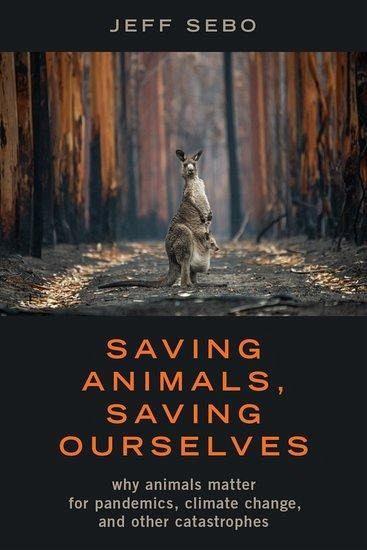
Saving Animals, Saving Ourselves
Why Animals Matter for Pandemics, Climate Change, and other Catastrophes
Versandkostenfrei!
Versandfertig in 2-4 Wochen
44,99 €
inkl. MwSt.
Weitere Ausgaben:

PAYBACK Punkte
22 °P sammeln!
In 2020, COVID-19, the Australia bushfires, and other global threats served as vivid reminders that human and nonhuman fates are increasingly linked. Human use of nonhuman animals contributes to pandemics, climate change, and other global threats which, in turn, contribute to biodiversity loss, ecosystem collapse, and nonhuman suffering. Both an urgent call to action and a survey of what ethical and effective action will require, this book will be invaluable for scholars, advocates, policy-makers, and anyone interested in what kind of world we should attempt to build and how.



